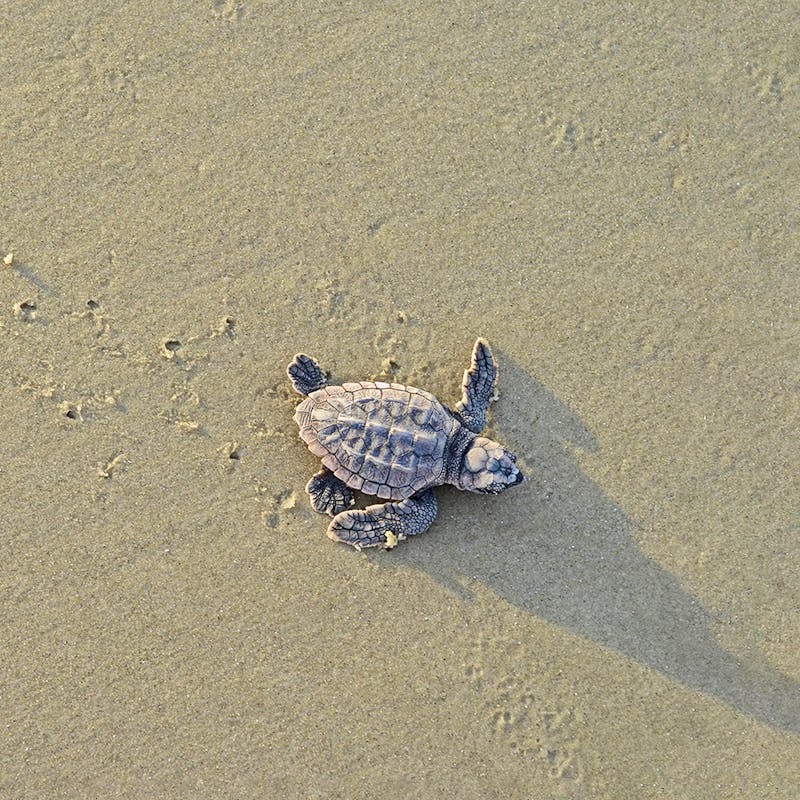
Feds move to protect sea turtle
Long-imperiled sea turtles may finally catch a break, given proposed new federal regulations that would require turtle-saving gear in shrimp nets used on boats that operate in the shallow, inshore waters of the Gulf of Mexico and the Southeast Atlantic Ocean.
Following a lawsuit by Defenders of Wildlife and other conservation partners, the National Marine Fisheries Service moved in May to close a deadly loophole that allows roughly 28,800 endangered and threatened sea turtles to be caught each year by shrimp boats that aren’t currently required to use sea turtle escape hatches. The agency also agreed to complete its long-overdue analysis of the impacts of shrimp trawling on marine life in the regions.
Last year, more than 3,500 sea turtles turned up dead or injured on the beaches of the Gulf of Mexico and the southeast Atlantic Ocean. The Fisheries Service linked many of those deaths to drowning in shrimp-fishing nets. But turtles that wash ashore represent only about 5 percent of those actually killed in shrimp nets, leading scientists to estimate thousands more died.
Required in offshore federal waters, the sea turtle-saving escape hatches are currently not required on skimmer trawls, which are used primarily in bays and estuaries. Instead, shrimpers are only required to limit their time in the water. But says Defenders’ attorney Sierra Weaver, evidence is mounting that these measures aren’t working to protect turtles.
Made up of a grid of bars with an opening at the top or bottom of the fishing net, the escape hatch, called a “turtle excluder device” allows shrimp to pass through the bars and collect in a bag at the end of the trawl. But larger animals, such as marine turtles and sharks, hit the bars and then get pushed back through the net opening.
“Turtle excluder devices have been used successfully in offshore waters for many years, providing a workable solution to the unprecedented number of dead turtles we saw in 2010 and 2011, which federal scientists determined was likely caused by fisheries interactions and not the catastrophic BP oil well blow-out,” says Weaver. “We look forward to the Fisheries Service fully complying with the Endangered Species Act—and to Gulf waters becoming safer for these remarkable animals.”
Only select articles from Defenders are available online. To receive 4 issues annually of the full award-winning magazine, become a member of Defenders of Wildlife!


